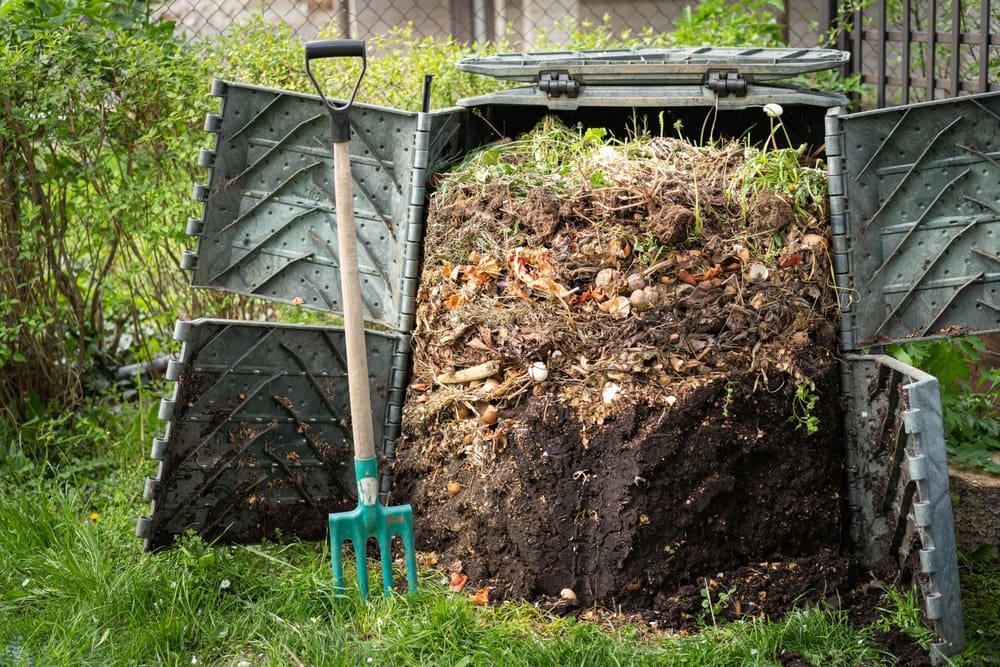Bioplastic Manufacturing FAQ: Are Organic Straws Compostable?

With environmental consciousness on the rise, more and more consumers are demanding eco-friendly options from their favorite companies. Keeping up with ecologically-sound production processes, like bioplastic manufacturing, is not only important for keeping your brand identity aligned with the attitudes of your target audience, but also for the health of our planet. Today we provide some valuable insights into the plastic industry, and answer your questions surrounding organic straws.
Bioplastic Manufacturing Makes a Difference
The uses we expect of plastic simply aren’t going away anytime soon. Plastics are produced and utilized somewhere along the way in just about every industry there is. But there are still ways we can shepherd change. For example, our customers are phasing out traditional plastic straws in favor of organic, renewable options. Single-use plastic straws are thrown out and end up sitting in landfills for hundreds of years before degrading, or even making their way into our waterways. Ocean-bound plastic is eventually worn down into microplastics. Somewhere around 51 trillion microplastic particles are floating through our oceans today.
If we can make a transition towards single-use organic straws that are fully biodegradable, they can be easily disposed of without wreaking the ecological havoc of traditional plastic products.
Are Organic Straws Compostable?
When referring to organic straws, most often people are speaking to paper straws made from grass, wheat or bamboo; plant-based plastic alternatives that are indeed compostable and leave “zero-waste.” This doesn’t mean they simply disappear after use, but rather that these substances are biodegradable. When thrown out, even on the side of the road, they will naturally break down and re-enter the soil without an adverse effect on the soil health. However, there is another option that is still under the organic umbrella without the sacrifice of function that your customers expect from plastic straws; bioplastic straws.
What Is Bioplastic?
Bioplastics are a revolutionary group of materials that utilize natural plant-sourced components to create a new form of biodegradable plastic. Unlike the other plant-based straws we outlined before, which are made directly from the material of the plants themselves, bioplastics are created by extracting polymers from something called biomass. Biomass is just a scientific way to describe the plant sourced materials used to create this plastic, such as corn or vegetable oils. This doubles up on environmental best-practices by effectively reducing food waste while creating more eco-friendly products from the resultant bioplastics.
On the Forefront of Innovation
Through the microbial fermentation of biomass, a newly formulated material known as polyhydroxyalkanoate (PHA) has been at the forefront of our bioplastic manufacturing operations for years. This form of polyester bioplastic combines the durability and versatility of traditional straws with the biodegradability expected from organic straws for a best-of-both-worlds result.
Straws made from this material are 100% compostable, even in at-home compost piles, and even marine biodegradable. This means that these straws break back down into environmentally neutral, natural components. These components can re-enter the ocean without negatively affecting the marine ecosystem, as opposed to other straws which could break down into harmful substances or not break down at all.
Why UrthPact?
Here at UrthPact, we are invested in creating a sustainable alternative to harmful single-use plastics wherever possible. But we’re also dedicated to providing a one-of-a-kind experience to all our customers. We prioritize your satisfaction with our industry leading product quality, flexible approach to bulk-ordering, and one-of-a-kind customization options. You can promote brand recognition with memorable, high-quality products made with sustainable bioplastic manufacturing.
Place an order today with UrthPact and become a part of the future of sustainability.